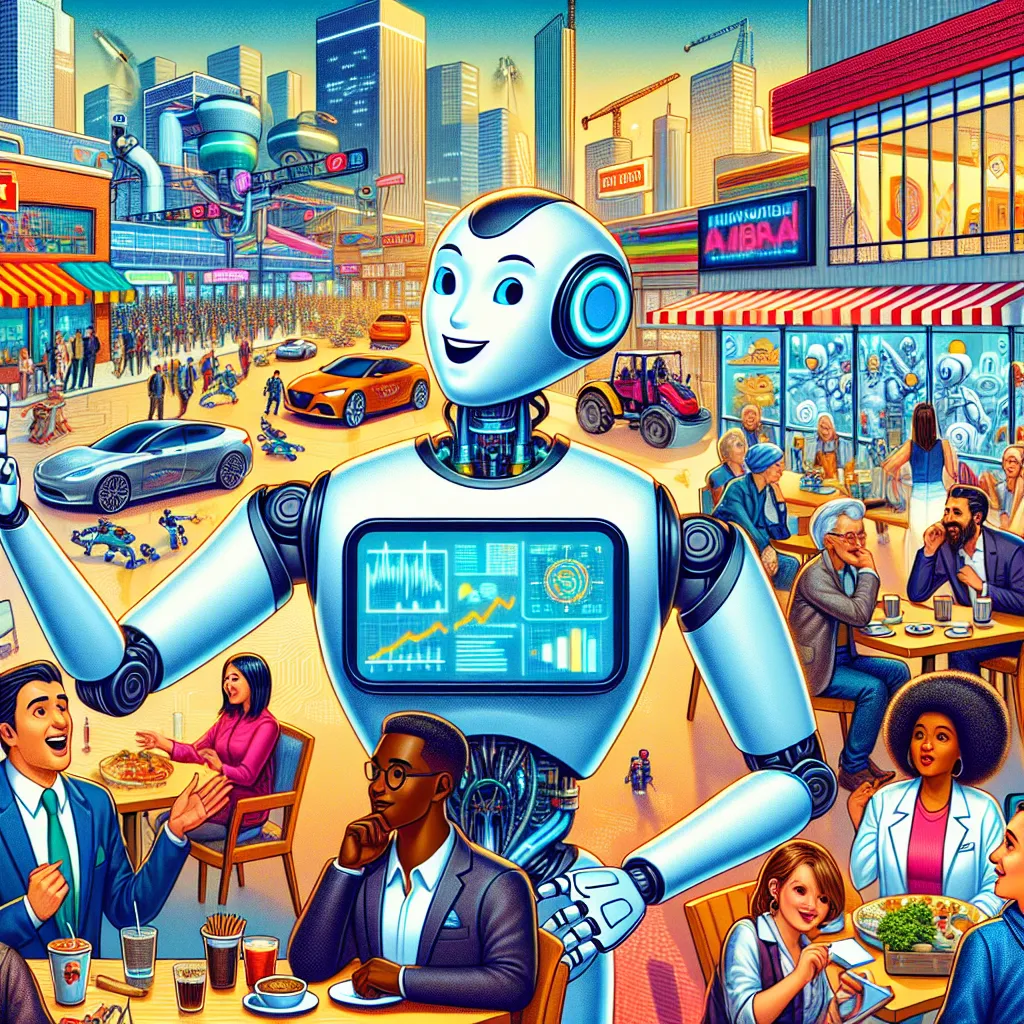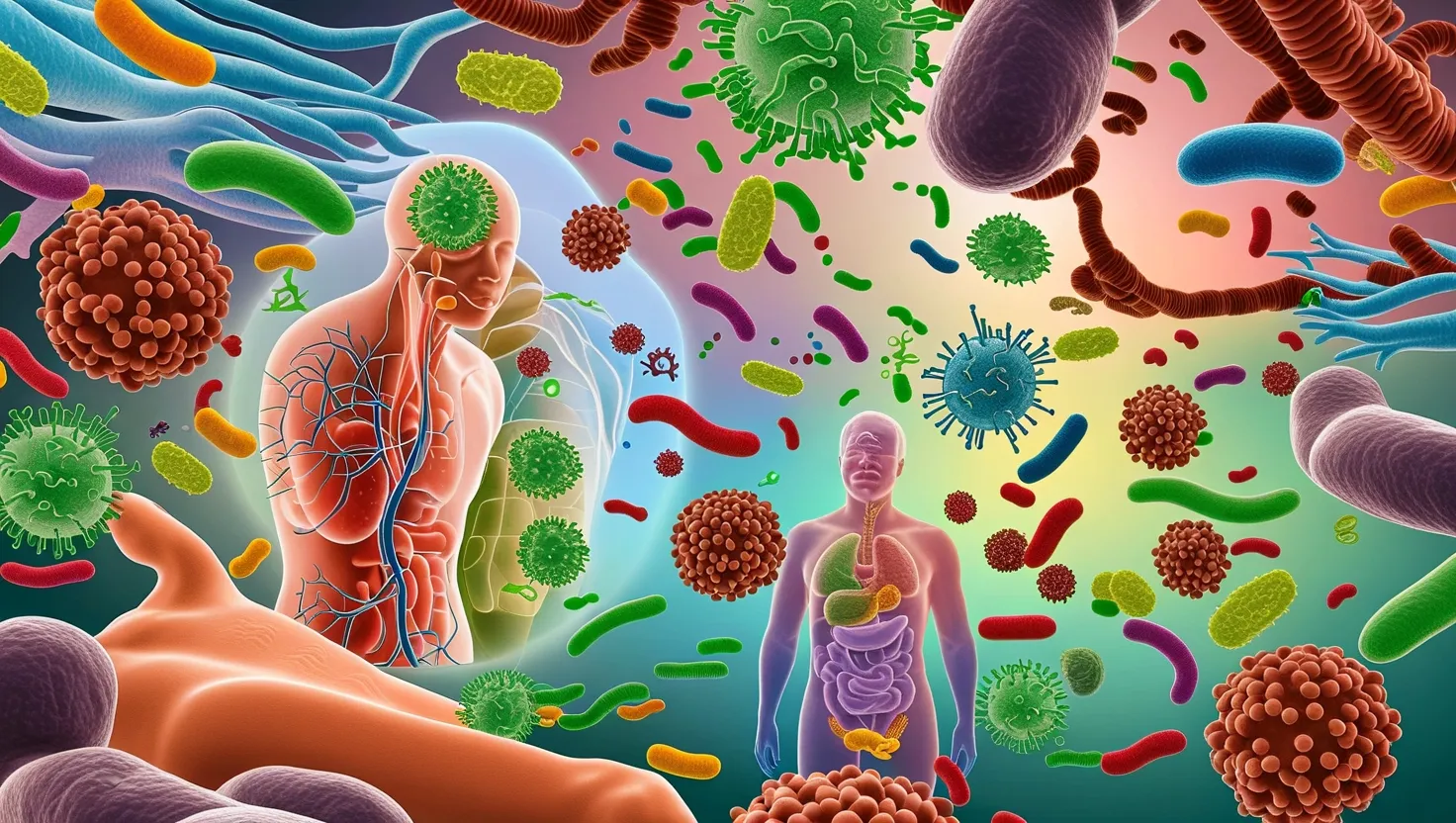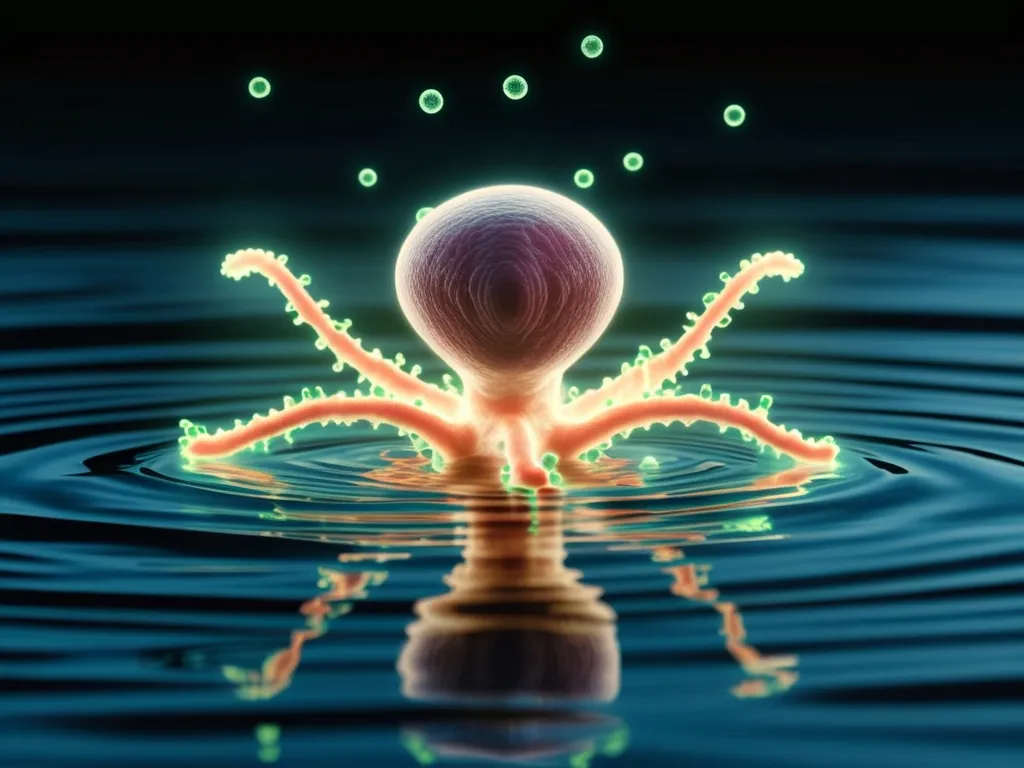On September 1st, 2013, Factory R157 caught the eyes of many when it set an ambitious production target, showcasing the future of robotics in the workplace. But as the excitement builds, so do concerns. Robots—with sensors, intelligence, and even the ability to learn emotions like Pepper from Japan—are becoming more integrated into our daily tasks.
Pepper, for instance, works in a café, greeting customers with a human-like warmth. Developed by Softbank, Pepper’s standout skill is his capability to perceive emotions, making him a charming figure behind the counter. Despite his limitations, Pepper highlights a critical question: Should robots act merely as tools, or will they replace us?
The integration of robots into the workforce hasn’t been seamless. Factory R157’s decision to employ robots on their production lines led to 350 human workers losing their jobs. This isn’t an isolated incident; it’s a global trend. Take Baxter, an AI robot working in a plastic manufacturer. With its tireless efficiency, Baxter handles packaging, assembly, and machine management with unerring precision. Such reliability underscores the broader fear: Automation might not just replace low-skilled jobs but could also affect high-skilled professionals like lawyers and doctors.
Artificial intelligence in the financial world paints a similar picture. Robo advisors, using machine learning, analyze stock data faster than any human can, often outperforming their human counterparts. This rapid advancement questions the future role of human stock analysts.
Healthcare, another critical sector, is witnessing a significant AI impact. Watson Oncology, for example, reads vast amounts of medical literature and patient data to assist doctors in treating cancer. Compared to human doctors, Watson offers higher accuracy rates in cancer diagnosis. This raises profound questions about the future role of doctors and the ethical use of patient data.
Transportation is also speeding towards an AI-led future with self-driving cars promising fewer accidents and reduced traffic congestion. However, these advances could spell the end for jobs like Bernard’s, a veteran bus driver who fears machines won’t handle unexpected situations as adeptly as humans.
As robots become more prevalent, not everyone benefits equally. Low-paid jobs, created to aid AI learning, and roles that focus primarily on data organization reflect new economic inequalities. The biggest advantages will likely go to those who own and can afford these advanced technologies.
AI’s evolution is inevitable, shaping industries from finance to healthcare, and posing new challenges—for jobs, data security, privacy, and accountability. How society navigates these changes, ensuring that AI remains a force for good, is the important question at hand. Will robots continue to evolve as beneficial allies to humanity, or will they turn into competitors for our jobs? Only time will tell.






